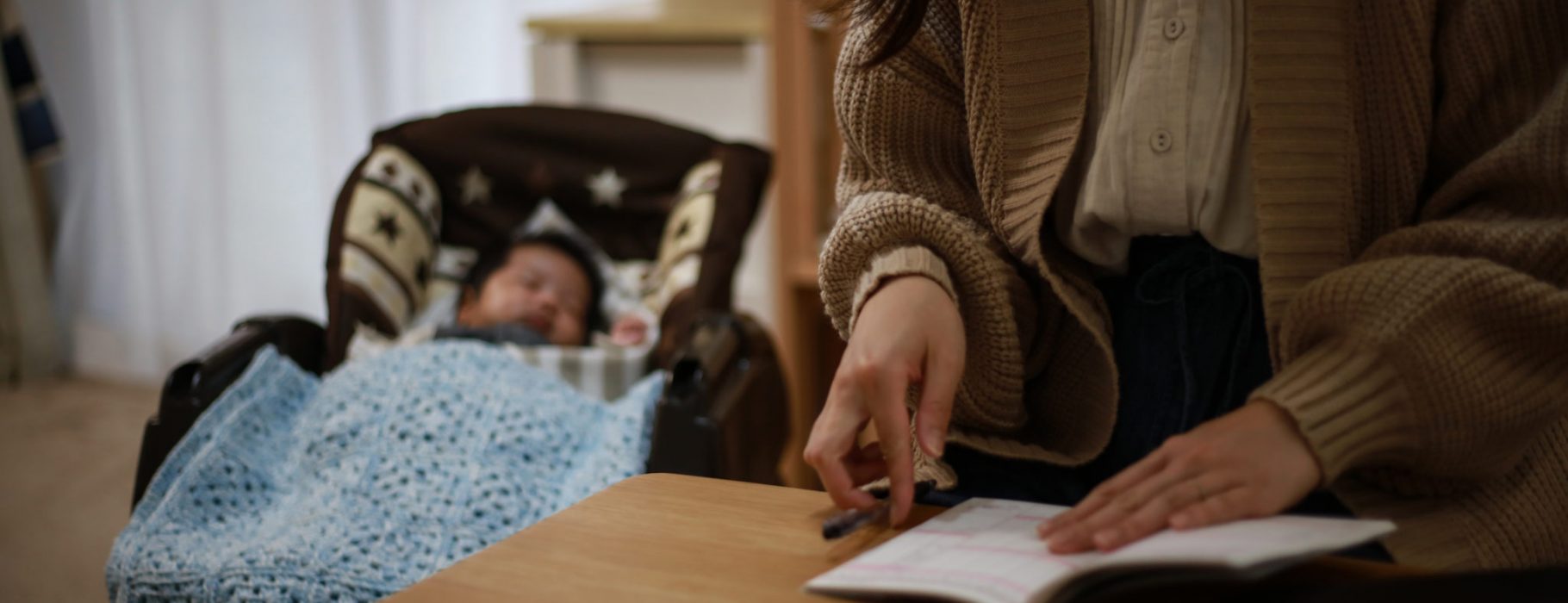
Teaching Through a Pandemic (With Very Little Help)
Dispatches from the Frontlines of Care
May 6, 2020
I am a 46-year-old woman. I am also a long-time feminist militant and anti-capitalist, who is now facing the crisis linked to COVID-19 on the dual front of productive work and family life. I am a middle school teacher, and a mother of two teenage children.
My work as a teacher, which is now done online, has put a much heavier burden on my shoulders than normal. As teachers, we now spend most of our day without clear schedules or rules, in front of the computer, committed to supporting children so that they receive cultural stimuli and psychological support, and feel that school is still “open” for them.
In the face of our students’ fear, disorientation, boredom, and even depression, we have taken on some very important emotional responsibilities. The government, however, has used a sort of “moral blackmail” against us, loading us with the task of reassuring young people and offering them stability, without providing us with any material resources to do so. Schools and teachers are being cast as examples of the government’s ability to guarantee “normality in exceptional times,” without recognizing the material and emotional difficulties of either the children or the teachers.
The ten-year cuts in funding for public education, carried out under the banner of neoliberal policies, make teachers’ distance-learning tasks even more onerous. For years, teachers have been burdened with an increasing accumulation of responsibilities and tasks. For example, drastic cuts in funding to meet the needs of students with disabilities have transferred the responsibility for their educational needs solely onto teachers who often lack the appropriate specialist training to do this work effectively. When this task is compounded with the challenges of online teaching, it requires psychological and technical skills that many of us do not have, or that we must acquire at our own private expense. In this way, the government transfers the costs of special education, and of online education, to teachers, and to the students whose needs then often go unmet.
We seem to have fallen into a time machine making a leap into the past, not only concerning public health problems, but also in terms of family and emotional dynamics.
The underfunding of education is one of the reasons why school openings are delayed. In Italy, many school buildings are old, with cramped spaces and very small classrooms. Cuts in the recruitment of new teachers lead to class sizes that are regularly above thirty students. In recent years, new teacher recruitment has not compensated in the least for retirements, resulting in a reduction in the number of classes offered. This situation was already serious before the pandemic, particularly depriving the most fragile and disadvantaged pupils of adequate support from overworked teachers. It becomes even more dramatic if we have to reopen schools while maintaining rules of social distancing—rules that will be impossible to apply.
While this is the grim reality of our workplaces, in our homes, the “lockdown” has reinforced, or in some cases reintroduced, a “traditional” division of labor. A large share of care work and support for children falls on the mothers/teachers who work from home. Not all sectors of production have suspended business or allowed their workers to work from home, while the closure of schools has required parents—mostly mothers—to stay at home in order to take care of their children. It therefore becomes “natural,” almost without realizing it, that those of us who stay at home all day, even if we have a job to do, take charge of cleaning, preparing meals, and supporting children in their educational activities.
As women, we often feel a “sense of duty” making us responsible for the management of family life, while everyone is confined at home. It is as if, without wanting to do so, we return to a condition, never known directly in these proportions, in which the woman/mother is at home and the man/father goes out, facing the danger of contagion. All this is really frustrating and stressful. It is all the more stressful for those of us who, by training and choice, were not used to a family dynamic of this kind. I never thought I would find myself dividing my day between lessons to do, cleaning the bathroom, and preparing lunch, anxiously waiting for the time to go shopping to finally find myself in the open air and, in the long queue, rest and think about my own work.
We seem to have fallen into a time machine making a leap into the past, not only concerning public health problems, but also in terms of family and emotional dynamics.
The only way forward is to smash the machine and establish a new “normal” where labor and the fruits of labor are equally shared amongst us all, and we, together, do the collective care work of tending to the planet.
